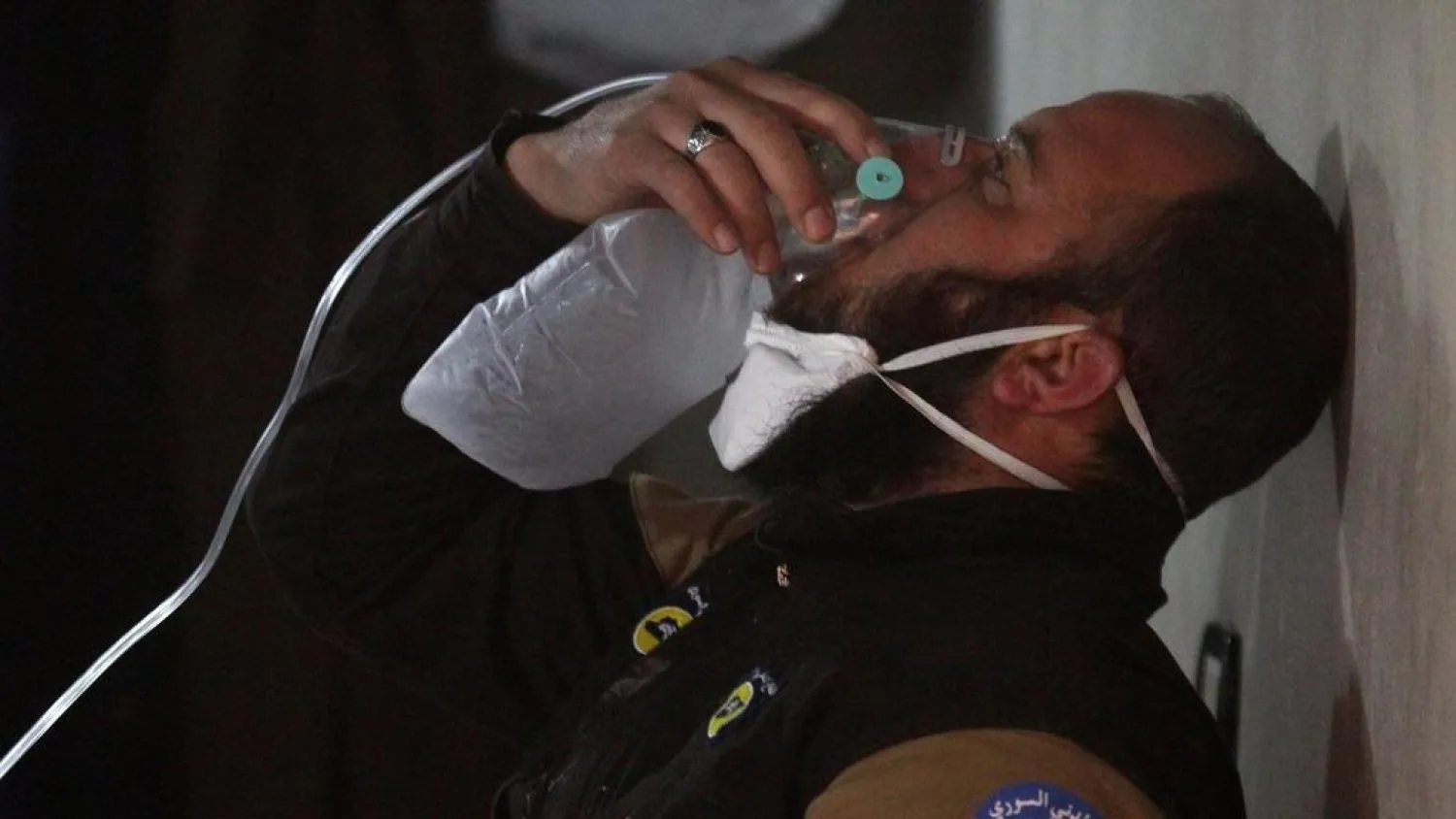Russia announced on Wednesday that it opposes a draft United Nations resolution on extending the mandate of the international inquiry into chemical weapons attacks in Syria, Deputy Foreign Minister Sergei Ryabkov said.
His comments came hours after Russia rejected a report by the international inquiry blaming the Syrian government for a deadly toxic gas attack, casting doubt on the UN Security Council’s ability to extend the investigation’s mandate before it expires next week.
Russia and the United States have circulated rival resolutions to extend the experts' body, known as the Joint Investigative Mechanism, or JIM. Its mandate expires November 14.
“I stress that we are in no way raising the question of ending this structure’s activities,” Ryabkov stated.
“We are in favor of its maintenance, but on a different basis,” he added.
The draft UN resolution by the United States says Syria must not develop or produce chemical weapons, and it calls on all parties in Syria to provide full cooperation with the international probe.
The investigation found that Syrian President Bashar al-Assad’s regime was to blame for a chemical attack on the opposition-held town of Khan Sheikhoun that killed dozens of people in April, according to a report sent to the Security Council on October 26.
Russia, whose air force and special forces have bolstered the Syrian regime forces, has said there is no evidence to show Damascus was responsible for the attack. Moscow maintains that the chemicals that killed civilians belonged to rebels, not Assad’s government.
Russia last month cast a veto at the United Nations Security Council against renewing the investigation’s mandate.
US Ambassador Nikki Haley told the Security Council that a revised US draft circulated Tuesday included some points from the Russian draft, including the importance of high standards and sound evidence.
But she said Russia continues "to push unacceptable language only meant to undermine the investigators and divide this council."
Assistant Secretary General Edmond Mulet, who heads the JIM, told the council how experts reached their conclusions, including finding that the chemistry of the sarin used in Khan Sheikhoun was very likely to have been made from the same precursor, called DF, as the sarin in Syria's original stockpile.
Mulet said the Security Council has "a unique responsibility" to deter all those using chemical weapons and "end the use of such weapons forever."
"I understand the political issues surrounding the situation in the Syrian Arab Republic," he said. "However, this is not a political issue about the lives of innocent civilians. Impunity must not prevail."
Russia's deputy UN ambassador, Vladimir Safronkov, was sharply critical of the JIM and the report, especially the experts' failure to visit Khan Sheikhoun, which Mulet said was for security reasons.
Safronkov derided the JIM for not pinpointing specific responsibility, asking: Is "an entire state is responsible?"
He also complained that "while some continue to try to find this mythical or invented chemical weapons in Damascus, the region is seeing an increasing threat of chemical terrorism" that isn't being addressed.
Deputy British Ambassador Jonathan Allen said Russia has advanced multiple theories about the Khan Sheikhoun attack, and when one gets debunked Moscow goes with something else.
"It's one of the great tragedies that Russia is a country with hugely respected and impressive scientists, but also a country of great fiction writers," he told several reporters. "And unfortunately the scientists of Russia are being ignored and the fiction writers are being indulged."
Allen called Russia's draft resolution to renew the JIM mandate "a cynical ploy to discredit a professional, independent and impartial body."









